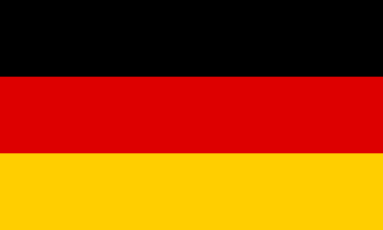An Overview of German's Legal, Political and Economic Systems

Legal System
The legal system for German is that of Civil law. The country is ranked by the World Economic Forum as among the leading competitors for its judicial independence. The business law for the company operates under freedom of economy principle, implying that businesses do not require particular license or permit to operate. Furthermore, German has no separate laws regarding local and foreign businesses. While registering for intellectual property rights, both foreign and local business entities have to go through the same process. This also entails trademarks, patents and even copyrights (German Trade &Invest, 2016).
Political System
What is German’s political system and what its implication in international business?
German is generally democracy political system with power being shared between the central government and the local states. The president is the head of state, though considered a ceremonial position. On the other hand, the head of the government is the chancellor. The country’s vibrant democracy alongside its stability makes it ideal for local and international business to thrive. This owes to the fact that in a place with peace, businesses and many other operations will be carried out peacefully, smoothly and without unnecessary interruption. This may work to explain why German is home to many multinationals including but not limited to Volkswagen Group, Metro Group, Siemens, Tui group, Daimler, Bayer, Deutsche Telekom among others.
Economic System
How Does German’s economic system impact businesses?
German is ranked fourth in world economy and the largest in Europe. The nation places much emphasis on exports and innovation. This explains its popularity in global networking and worldwide competitiveness. The country invests a lot in research and development (R&D) and is known in high selling sectors which include car manufacturing, plant engineering, medical history, and mechanical engineering. There is also a favorable trend in the labor market with sufficient skilled labor, legal certainty, and infrastructure. This makes this place ideal for foreign and local businesses that intend to invest. What is more, the country’s social market economy provides a guarantee of business operations without interference, while also creating social and legal balances and checks (Tatsachen, 2016).








